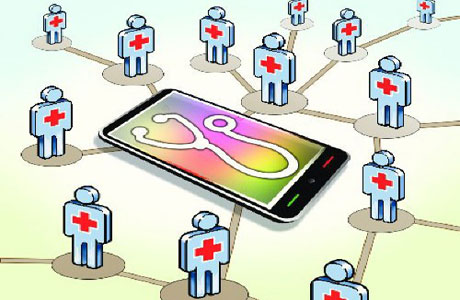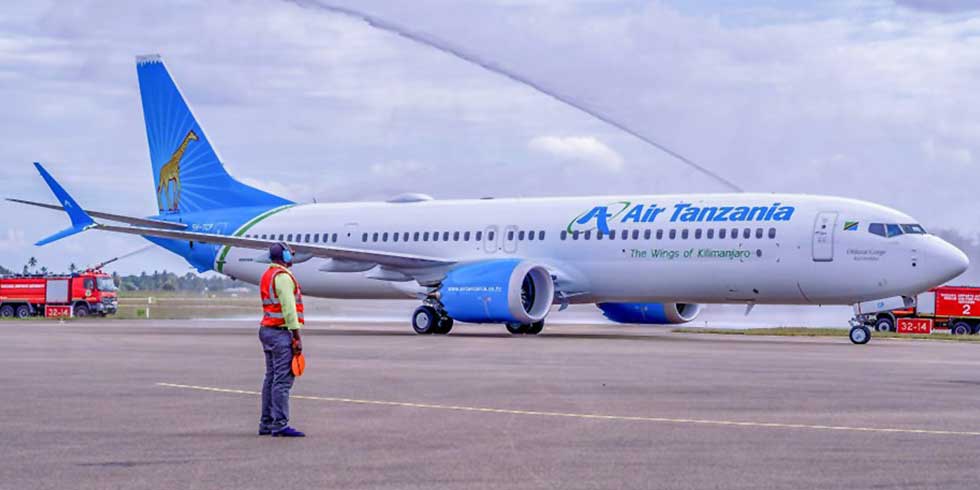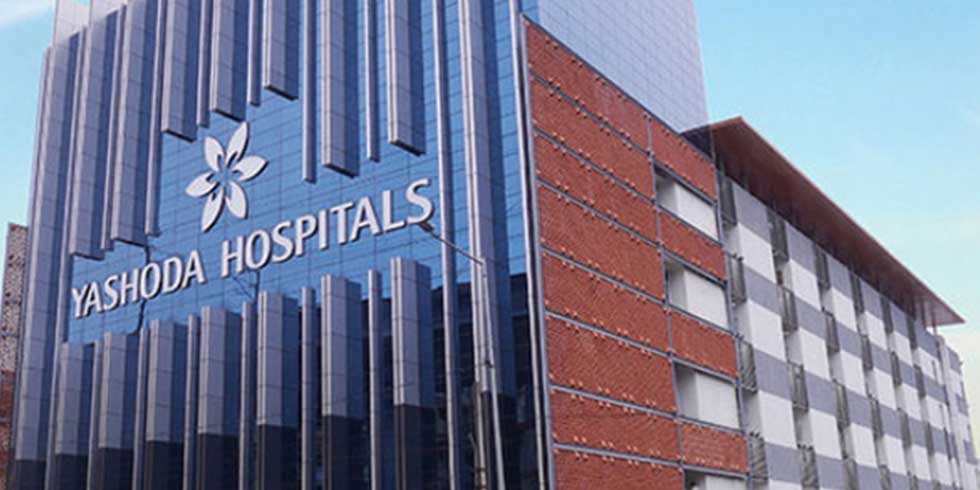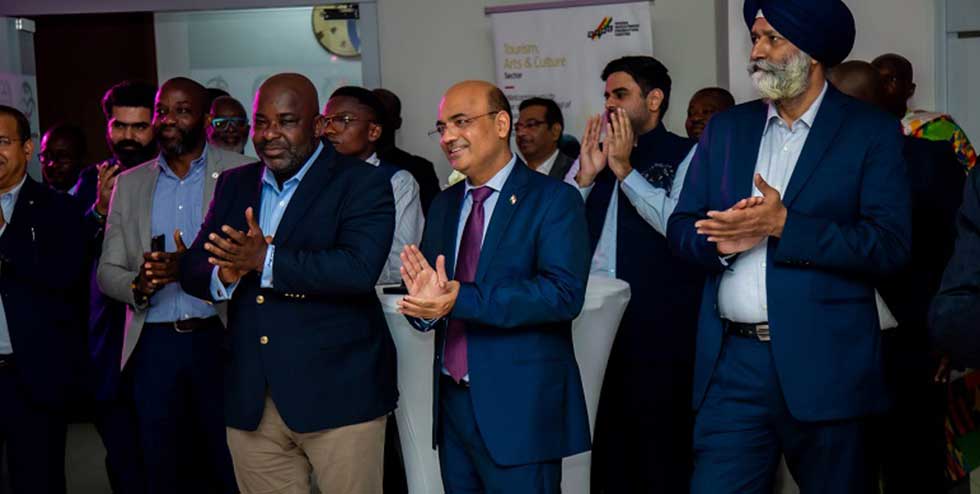The economy of the 20th century was driven by machines which replaced human toil. We, in India, missed that golden opportunity. But the economy of the 21st century will be driven by the health sector, which can be dominated by Indians.
Indian doctors are known to be inherently compassionate and have magic in their fingers. This was the observation of director of cardiac surgery at Guy’s hospital, London.
When I left Guy’s 26 years ago, five British nurses joined me at Kolkata to start B M Birla Heart Research Centre, which at the time was India’s first standalone super speciality heart hospital. Those nurses trained a few hundred Indian nurses. Very soon our Indian nurses became extraordinary as they acquired skills, confidence and professional demeanour.
A 26-year-old Indian nurse can earn more than an Indian medical doctor just by working abroad.
Today, we are sitting on a once-in-alife time opportunity. In the early 1990s, thanks to PM Narasimha Rao’s liberalisation policies, India built a global software empire.Now we can build a global empire in healthcare. And as a byproduct, every Indian will get quality healthcare at an affordable price.
Today,developed countries have to knock at our door to take care of their sick.
On December 16, 2009, Prime Minister William McKeeva Bush and his colleagues from the Cayman Islands government visited our health city in Bengaluru to understand our operations. This was followed by presentation to the Cayman cabinet on our proposal to set up a large health city to attract patients from the Western hemisphere.
But as always there was a hitch. Cayman Islands is a British protectorate which follows British rules. Indian medical degrees are not recognised by the island, so our doctors were asked to appear for another entrance exam and get a licence to practise in Cayman. We politely submitted to them that recognition of Indian medical degrees was non-negotiable.
In a few weeks, to our pleasant surprise, Cayman Islands changed its laws to accommodate Indian doctors. As a result of this people of the Cayman and surrounding islands have access to tertiary healthcare that they otherwise wouldn’t have had, and people in surrounding countries have access to healthcare at a fraction of the price they would have been charged otherwise.
If we play our cards right it will be just a matter of time before other countries depend on Indians for healthcare.
We get many invitations from European countries to replicate our Cayman project. Four years ago the Slovenia PM visited our health city in Bengaluru and offered unconditional support to set up a hospital in their country to serve the long waiting list of patients from European Union countries.
Unfortunately, we had to refuse. The harsh reality is that we are struggling to supply specialist doctors to our hospital in Mysuru next door. Finding such doctors to go to Slovenia would be a far stretch.
Cuba has very progressive policies regarding healthcare, and as a result it provides doctors and nurses to most Latin American countries in need. Cuba is a regional powerhouse in medical tourism and Cubans also enjoy access to tertiary care that is economically sustainable.
A lot of this is possible only because they have a surplus of doctors and nurses.
We don’t need billions of dollars in FDI to make India a global leader in healthcare delivery, or to reduce India’s infant mortality and maternal mortality rates. All we need is reforms in medical and nursing education. India has a chance at being the healthcare provider for the world and as a result Indians will have access to the highest quality of care at an affordable price.








Add Comment